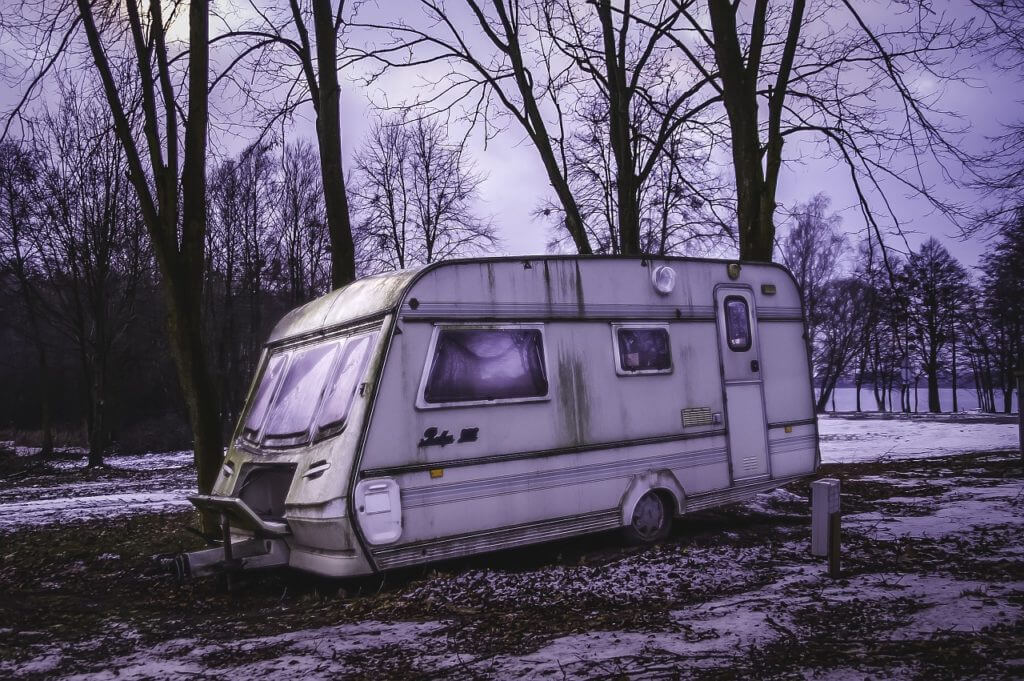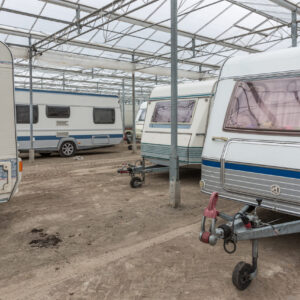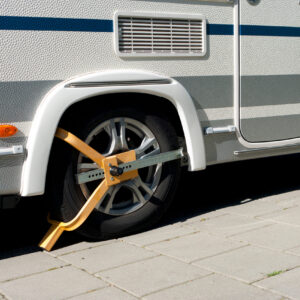It can get quite daunting to think of life without electricity. If you have experienced power outages, you know exactly what I mean. It should not be a surprise to find out that majority of caravans also provide you with electric supply.
So, do touring caravans have electric?
They certainly do and there’s plenty of options and ways to get electric into your touring caravan. Either on a self sufficient, stand alone basis or by hooking up to a supply.
You should learn everything about the power supply to your caravan (static or tourer), that way, if anything ever happens to go wrong with it, you will probably be able to figure it out on your own rather than having to get someone to come take a look at it, which will cost you your most valuable assets – time and money.
Continue to read to find out more about electric supply in your touring caravan and what to do in case trouble comes knocking.
The main source of power for your caravan will come from a mains connection in your pitch. Park sites provide access to mains electricity supply to keep everything moving smoothly.
You may also have heard the term ‘leisure-battery’. This is a built-in battery.
What Is A Leisure Battery?
Consider it a standalone source of power for your caravan when you are moving. It acts as a back up of a sort when mains power is out of reach. It can light up some appliances like TVs and bulbs.
It is not nearly as powerful as a full mains supply of 240V, which can run nearly everything electric. Leisure batteries are used for the smaller, low voltage needs of your caravan, possibly only to survive until you make it to your next camp site.
Low voltage, around 12V TVs and bulbs are what leisure batteries can usually accommodate.

Are Leisure Batteries Rechargeable?
Oh, most definitely, yes. When you connect your caravan to the mains power supply, it starts to recharge the leisure battery.
Some modern caravans offer you the facility of charging the leisure battery by solar panels or generators.
Is Touring Caravan Power Supply Different From A Static Caravan?
Yes.
In the case of a touring caravan, you get one battery which is used for driving – the vehicle battery (most likely in the car used for towing your caravan), and another for literally everything else, which is also called a leisure battery (most likely in the actual caravan).
What Is A Vehicle Battery?
Same like any ordinary car or vehicle having battery which revs up the engine, the headlights, indicators, anything electronic in your car, your touring home comes equipped with a vehicle battery, too.
Vehicle batteries work in exactly the same way as your car batteries.
Vehicle batteries also get charged in the same manner as any other car battery – when the engine turns on. Though it is quite possible to charge them using an external source like the mains.
You should be careful, though, do not overload the leisure battery or it can in turn ruin your vehicle battery, as well. This is known to happen quite frequently.
Leisure battery for touring caravans is a separate 12V system, as well. It also gets used only when the vehicle is unplugged, and the engine is not running.
Charging a leisure battery can be done by an engine, mains supply, or solar panels and generators.
You could have more than one leisure battery depending upon the make and model of your touring caravan, plus of course your personal needs and demands.
What To Do If You Run Into Electric Problems In Your Caravan?
Hmm, trouble finds us all, in one way or another, at some time or another. Whether you have purchased a new model, or a used one, caravan electrics are bound to be one of the most common issues caravaners have to deal with.
There could be a whole number of things that have been messed up, but worry not, we are going to guide you through troubleshooting some of the most basic problems encountered with electrics in caravans.

Leisure Battery Is Acting Up
Batteries end up draining, for some reason. If you suspect a battery drain, even if you are charging it sufficiently, read on to find a potential cause.
Check the battery connections: cables should always be tightly fit; a small tug should not cause them to end up in your hand. Check for loose fittings and corrosion around the terminals of the battery.
If your leisure battery keeps on dropping voltage, it could indicate the fault of an appliance. You may need to disconnect the appliance and reroute it or simply avoid using it..
Take a reading of the voltage: you can do so by investing in a handy multimeter, the battery voltage for a leisure battery must be above 12.6 V when completely charged. If you are unable to get your battery voltage high enough, it may indicate battery drain. You may need to change it, more so if it is an older battery.
Check the fuse box: If the battery doesn’t drain when the fuse box is bypassed, you’ll need to check for a faulty fuse. Hook your battery up to a multimeter, then take a photo so you can remember all the fuses accurately, then proceed to pull out all the fuses. Then reconnect them one at a time so you can see for yourself which circuit is causing the drain.
Old fuses may need a rub with sandpaper to revitalise the connection. Or you may need to replace the fuse altogether.
Mains Supply Acting Up
The voltage heavy appliances will only run-on mains supply, if they are not, you need to check your connection to the mains power supply.
Switch it on and off again: the easiest solution for most electronic problems in life – a simple reset.
Demand and supply: there is a restriction on how many amperes your mains can run. If your electric demand is higher than the supply it can provide, a circuit breaker gets tripped. Add up the wattage of all your appliances, do some math into converting watts to amps. If it does indeed exceed the ampere maximum threshold, try turning off some appliances.
Lead issues: something as basic as a faulty lead can cause problems with the supply. Unplug the lead and run a current through it to make sure if the lead is at fault. If it trips, there you go. Be safe, though. Dry and open area is a must to run this kind of experiment.
Faulty socket: sockets may seem innocent but are often the most overlooked root of an electric problem. Unplug the lead to the suspected pocket and ask the site manager to reset the power. If it continues to trip, you have your answer.
Faulty vehicle socket: final resort, unplug everything and switch off the breakers. If the power trips, your vehicle socket could be the culprit. Ask for professional help. It is risky if attempted by amateurs.
Summary
Touring caravans certainly do have electric, and in many options. Be sure to have a good understanding of how the electric system works in your caravan. Sod’s law dictates that something will go wrong at the most inconvenient time!.



